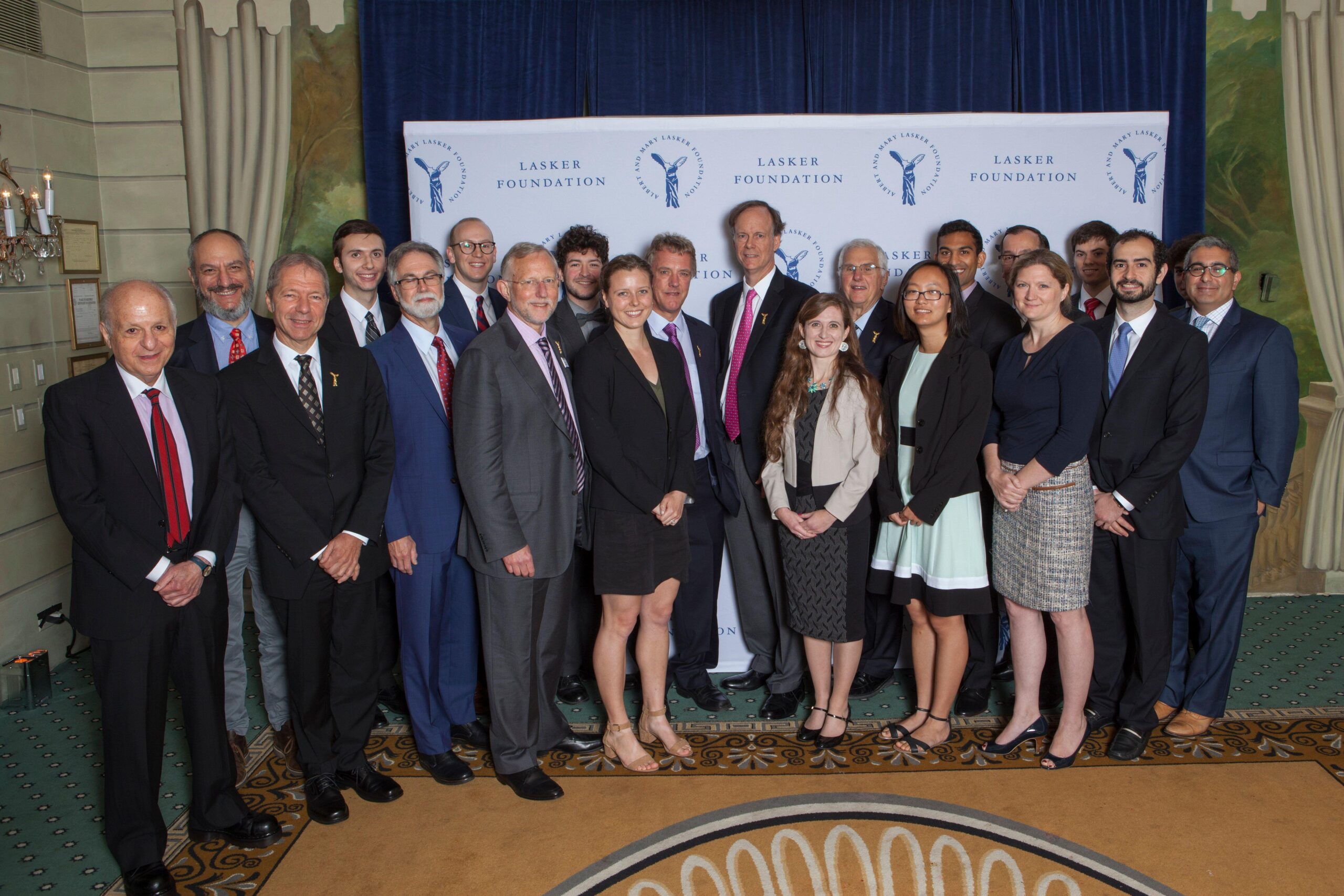Since 1945, the Lasker Foundation has highlighted how basic biological discoveries drive innovative clinical therapies and techniques and how science stokes our curiosity about the intricate and often beautiful processes that underlie all life forms.
Over the course of their seven decades, the Lasker Awards have come to be known as “America’s Nobels,” in part because of their standing as America’s most prestigious biomedical research awards, and in part because those selected so often go on to win the Nobel Prize. Eighty-eight Lasker laureates have received the Nobel Prize, including 41 in the last three decades. Today, that number has increased by three.
The 2019 Nobel Prize in Physiology or Medicine jointly awarded William G. Kaelin Jr, Sir Peter J. Ratcliffe and Gregg L. Semenza “for their discoveries of how cells sense and adapt to oxygen availability” today. They identified molecular machinery that regulates the activity of genes in response to varying levels of oxygen.
In 2016, the NIH Oxford-Cambridge/Wellcome Trust (WT) scholars had the opportunity to attend the Lasker Awards which honored these three physician-scientists for their discovery of the pathway by which cells from human and most animals sense and adapt to changes in oxygen availability, a process that is essential for survival. Alumni David Bulger, Joanna Cross, Alexander Weiss, Andrew Breglio, Keval Patel and Huayu Ding conversed with the 2019 Nobel Laureates, along with Ralf F. W. Bartenschlager, Charles M. Rice, Michael J. Sofia, and Bruce M. Alberts who all received the 2016 Lasker Awards.
The Alliance congratulates William G. Kaelin Jr., Sir Peter Ratcliffe and Gregg L. Semenza, as well as, all of the winners of the 2019 Nobel Prize.

